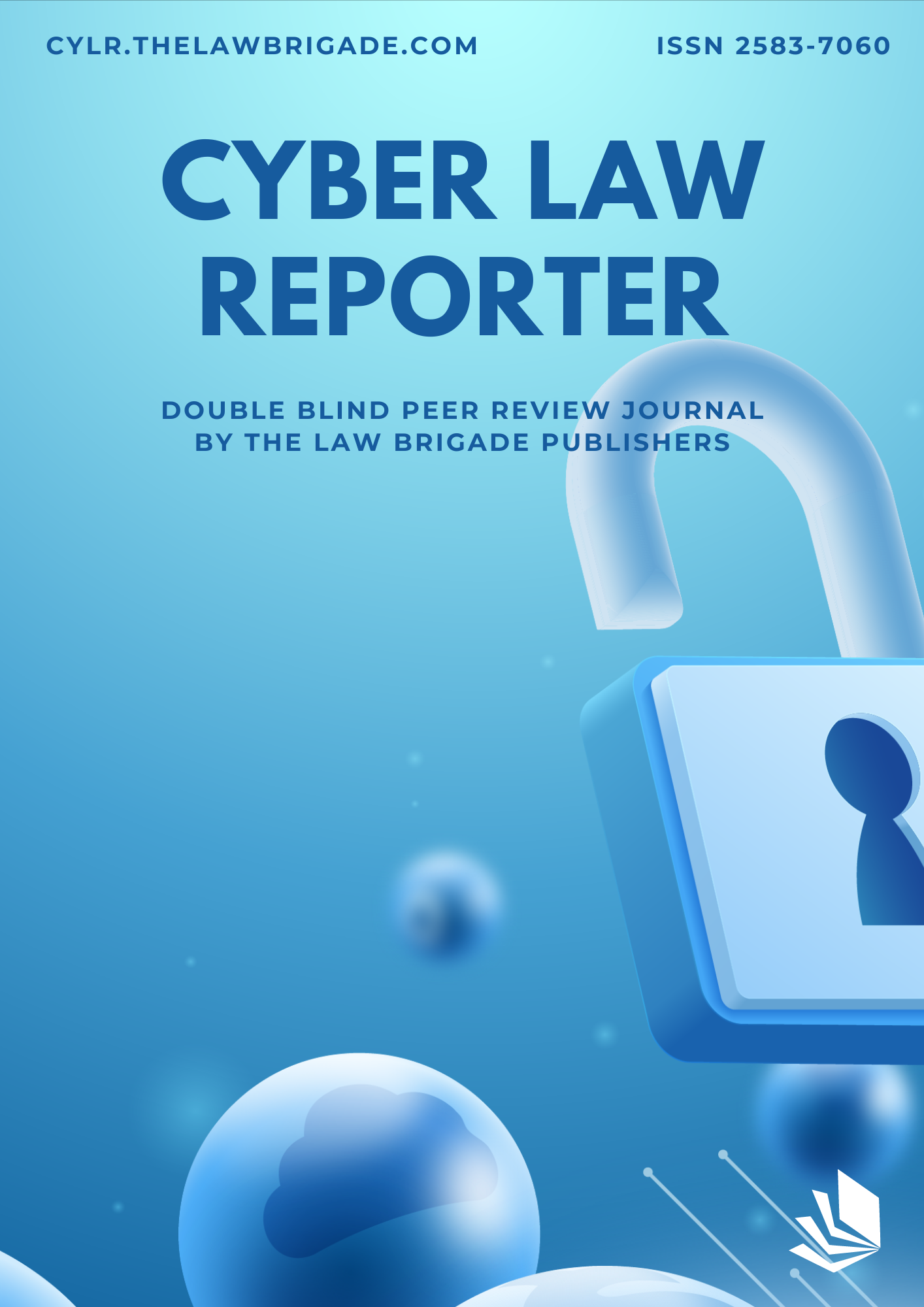The rise of cybercrime has become an imminent threat in the modern world of technical breakthroughs. This malicious activity takes many forms, such as malware, ransomware, and phishing, and it poses serious risks to people, businesses, and governments. This article conducts a comprehensive analysis of blockchain technology’s potential as a strong deterrent to the growing wave of cybercrime.
The introduction highlights the scope of cyber risks and emphasizes the need for creative responses. Cyber threats have been effectively addressed by traditional protection methods like firewalls, virtual private networks (VPNs), and artificial intelligence (AI). However, this study sheds light on blockchain technology, exploring its unique features to reveal its special potential to strengthen cybersecurity.
The paper’s main focus is a thorough examination of the barriers that are preventing blockchain technology from being seamlessly incorporated into cybersecurity frameworks. The analysis covers everything from scalability challenges to the complexities of reaching interoperability and the legal uncertainties associated with blockchain deployment. By breaking down these difficulties, the paper seeks to offer a comprehensive grasp of the barriers that need to be removed to fully utilize blockchain technology in the fight against cybercrime.
Following that, the study examines current government programs and regulations, assessing their influence on the adoption as well as implementation of blockchain technology in the Indian setting. Any technology solution must have the backing of the government, and this research clarifies the regulatory environment, highlighting areas for development and potential catalysts for blockchain’s broad acceptance.
The paper then goes on to examine the various applications of blockchain technology in India. Blockchain has a wide range of applications, including preserving sensitive data, facilitating financial transactions, and improving governance transparency. The study carefully looks at these use cases, giving readers a thorough grasp of how blockchain might be applied to improve cybersecurity in a variety of industries.
The study takes a forward-looking stance in speculating on potential future developments and trends for blockchain technology in the Indian cybersecurity space. Developing plans and policies that work requires a thorough understanding of the changing environment. The report provides legal practitioners, policymakers, and stakeholders with valuable insights to effectively navigate the constantly evolving landscape of cyber risks and technical breakthroughs by projecting these trends.
The paper converts its findings into practical suggestions and recommendations in its concluding part. These suggestions, which have their roots in policy changes, legal frameworks, and technological advancements, are meant to open the door for blockchain to be implemented successfully in India. As such, this study makes a significant contribution to the current discussion about cybersecurity by highlighting blockchain technology as a key instrument for safeguarding India’s digital future from the dangers of cybercrime.





